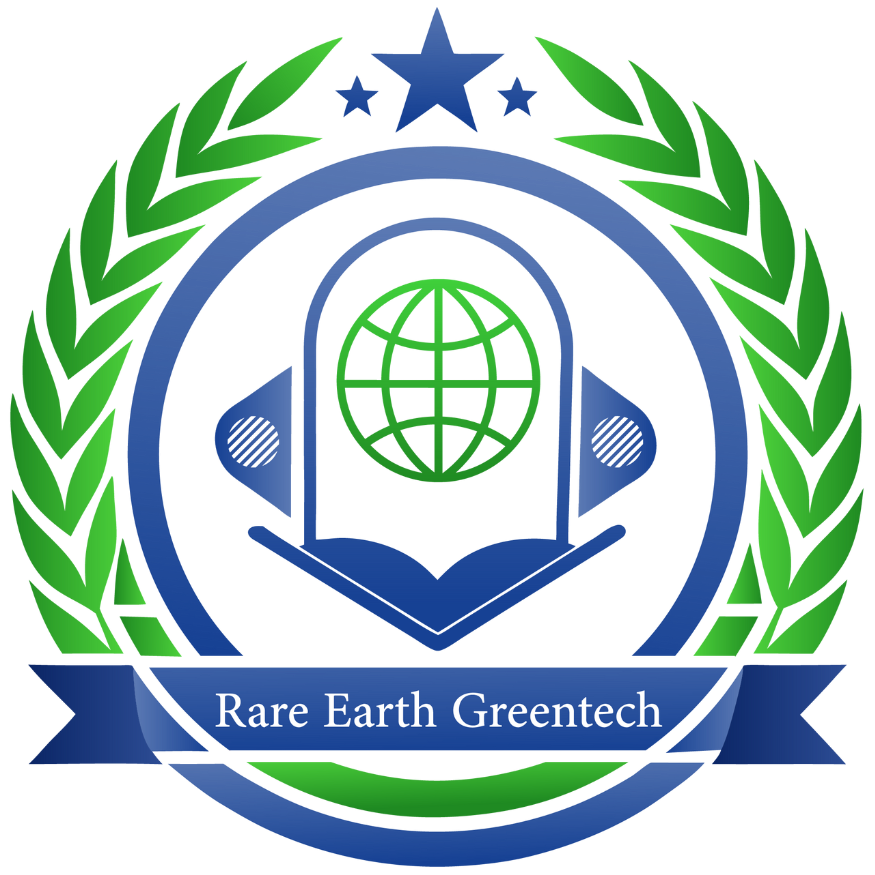Rare Earth Elements (REE) are at the core of modern innovations — powering everything from smartphones and electric vehicles to wind turbines, medical equipment, and defense technologies. As global demand surges for greener, smarter, and more connected solutions, so too does the demand for REEs. But behind this technological progress lies a critical question: Are we sourcing these elements ethically?
The concept of Ethical REE emphasizes the need to obtain, process, and use rare earth elements in ways that are environmentally sustainable, socially responsible, and economically fair. As we shape the future with advanced technologies, we must ensure that the building blocks of these systems are not harming people or the planet.
The Dark Side of REE Mining
Despite their critical role in sustainable technologies, REEs come with a heavy environmental and social cost when sourced irresponsibly. The mining and refining processes for REEs often involve toxic chemicals, heavy water usage, and habitat destruction. In many cases, communities near mines suffer from pollution, health hazards, and displacement.
Moreover, in some parts of the world, REE mining is linked to unsafe labor practices, lack of worker protections, and even illegal operations that bypass environmental regulations altogether. This contradiction — using REEs to build a sustainable future while causing harm in the present — must be addressed.
What Does “Ethical REE” Involve?
1. Sustainable Mining Practices
Ethical REE sourcing starts at the ground level. Environmentally responsible mining techniques, such as reduced chemical usage, water recycling, and land restoration, are key. New innovations in clean extraction technologies, including bio-mining and solvent-free processes, are helping to reduce the footprint of REE production.
2. Transparent Supply Chains
Traceability is essential. Ethical REE requires transparent sourcing practices so that buyers know exactly where materials are coming from, how they’re extracted, and under what working conditions. Blockchain and digital tracking tools are emerging as powerful solutions for supply chain visibility.
3. Fair Labor Conditions
Protecting the rights of workers is non-negotiable. Ethical REE production ensures that miners and workers are paid fairly, work in safe environments, and are not subjected to exploitation or abuse. International labor standards must be enforced, and local communities must be included in the benefits of REE development.
4. Recycling and Urban Mining
A powerful pillar of ethical REE sourcing is the use of urban mining — recovering rare earth elements from old electronics, batteries, and appliances. This reduces the need for virgin mining, conserves resources, and diverts electronic waste from landfills.
5. Global Collaboration and Regulation
To truly make REE ethical, governments, companies, and environmental bodies must work together. Creating international guidelines and certifications for ethical REE sourcing — much like “Fair Trade” for coffee — would help create accountability across the industry.
Why It Matters
Ethical REE sourcing is not just a moral choice — it’s a strategic one. Consumers and businesses are increasingly prioritizing sustainability and social impact. Companies that lead in ethical sourcing are gaining trust, improving brand reputation, and positioning themselves for long-term success in a rapidly evolving market.
As we advance into a world driven by clean energy, AI, robotics, and smart infrastructure, we must ensure that the foundations of these innovations are just as ethical as the goals they aim to achieve.
Conclusion
The future is bright, connected, and green — but it must also be ethical. Rare Earth Elements are too important to be sourced carelessly. By prioritizing ethical practices in the REE supply chain, we can build a smarter, more sustainable world that respects both people and the planet.




